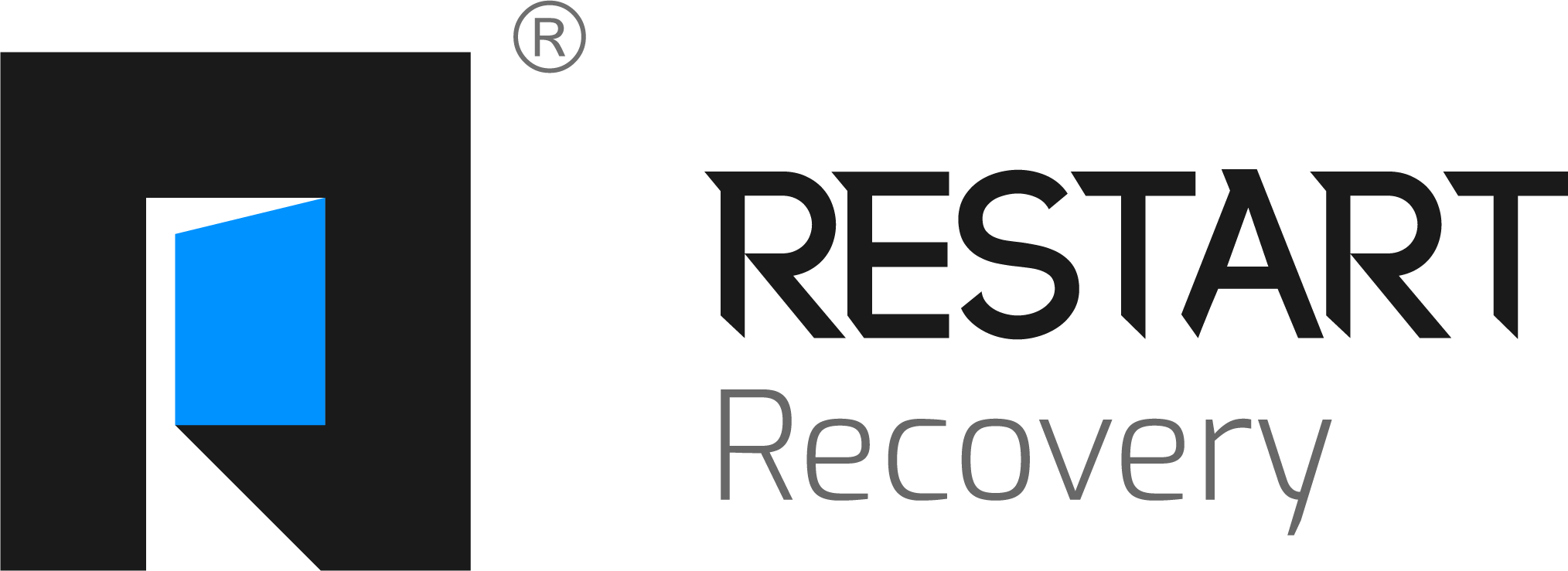Rewiring Your Brain From Addiction: How Recovery Changes Your Mind and Life
- Yasmin Maghsoudloo
- Aug 17
- 3 min read
Updated: Aug 18

Table Of Contents
Understanding Addiction and the Brain
Can the Brain Rewire Itself?
How Long Does It Take to Rewire the Brain From Addiction?
7 Proven Strategies to Rewire Your Brain in Recovery
The Role of Medication in Brain Recovery
Common Myths About Brain Healing After Addiction
Long-Term Outlook: A Brain That Thrives
Addiction is more than just a habit—it’s a brain disease that alters how you think, feel, and behave. Drugs and alcohol rewire the brain’s reward system, hijacking dopamine and reshaping neural pathways until substance use becomes automatic and compulsive.
But here’s the hopeful part: just as the brain changes with addiction, it can also heal and rewire itself during recovery. Through a process called neuroplasticity, your brain can form new pathways, strengthen healthier patterns, and weaken destructive ones.
This article explores how the brain recovers, the science behind rewiring, and the tools you can use to rebuild your mind, reclaim your health, and restore your life.
Understanding Addiction and the Brain
To understand how recovery works, it’s important to first look at what addiction does to the brain.
1. The Reward System Hijacked
Normally, dopamine is released when you do something pleasurable (like eating or exercising).
Drugs flood the brain with unnaturally high dopamine levels, training the brain to seek substances over everything else.
2. Prefrontal Cortex Impairment
This area of the brain controls decision-making, impulse control, and judgment.
Addiction weakens it, making it harder to resist cravings.
3. Stress and Memory Loops
The amygdala and hippocampus store triggers (places, people, emotions).
Even after detox, these memories can spark intense cravings.
In short, addiction rewires your brain for survival around one thing—the substance.
Can the Brain Rewire Itself?
Yes. The brain has a remarkable ability called neuroplasticity—the capacity to adapt and change by forming new neural connections.
Recovery leverages neuroplasticity to:
Weaken old addiction pathways
Strengthen new, healthy habits
Restore balance to the brain’s chemistry and structure
It doesn’t happen overnight, but research shows that with consistent practice and support, the brain can heal.
How Long Does It Take to Rewire the Brain From Addiction?
There’s no single timeline because recovery is deeply personal. But research gives some general insights:
First 30 days: Cravings are high, but the brain begins adjusting without constant dopamine surges.
90 days: Significant changes in neural pathways occur; new habits start to “stick.”
6–12 months: Prefrontal cortex function improves, decision-making gets stronger, and relapse risk decreases.
2+ years: Brain structures related to stress and memory continue healing, and cravings weaken further.
The good news? Every sober day strengthens recovery wiring.
7 Proven Strategies to Rewire Your Brain in Recovery
1. Therapy and Counseling
Cognitive Behavioral Therapy (CBT), Dialectical Behavior Therapy (DBT), and trauma-informed care help you challenge negative thought patterns and build healthier coping mechanisms.
2. Mindfulness and Meditation
Mindfulness retrains the brain to stay in the present, reduces stress, and shrinks the overactive amygdala linked to cravings and anxiety.
3. Physical Exercise
Exercise boosts dopamine naturally, reduces stress, and stimulates neurogenesis (the creation of new brain cells).
4. Healthy Nutrition
Whole foods, omega-3 fatty acids, and vitamins restore brain chemistry and support recovery from years of depletion.
5. Sleep Hygiene
Quality sleep strengthens the prefrontal cortex, improving self-control and emotional regulation.
6. New Hobbies and Learning
Picking up music, art, writing, or even learning a language helps forge fresh pathways in the brain, replacing old ones tied to substance use.
7. Support Networks
Whether through 12-step programs, SMART Recovery, or sober living communities, connection rewires the brain’s need for social bonding—without substances.
The Role of Medication in Brain Recovery
For some, medications like buprenorphine, methadone, or naltrexone can help stabilize brain chemistry during early recovery. These treatments don’t “replace one drug with another”—they allow the brain to rebalance and heal safely.
Common Myths About Brain Healing After Addiction
Myth: The brain never fully recovers.Truth: While some changes may persist, the brain has enormous healing potential through neuroplasticity.
Myth: Relapse means failure.Truth: Relapse is often part of recovery and doesn’t erase progress. Each attempt strengthens learning.
Myth: Willpower is enough.Truth: Recovery requires more than willpower—it’s about rewiring biology, behavior, and environment.
Long-Term Outlook: A Brain That Thrives
Recovery isn’t just about “not using.” It’s about creating a life where your brain no longer seeks escape. As your brain rewires, you’ll notice:
Improved focus and memory
Better emotional regulation
Stronger relationships
Increased resilience to stress
A sense of purpose and joy
Final Thoughts
Addiction rewires the brain in destructive ways, but recovery allows you to reshape your mind, habits, and life. Through neuroplasticity, therapy, healthy routines, and support, your brain can build new pathways that sustain sobriety and well-being.
Remember: healing takes time, but every day of recovery strengthens your brain’s new wiring. Be patient, stay consistent, and trust the process—you’re literally building a healthier brain with each step forward.





Comments